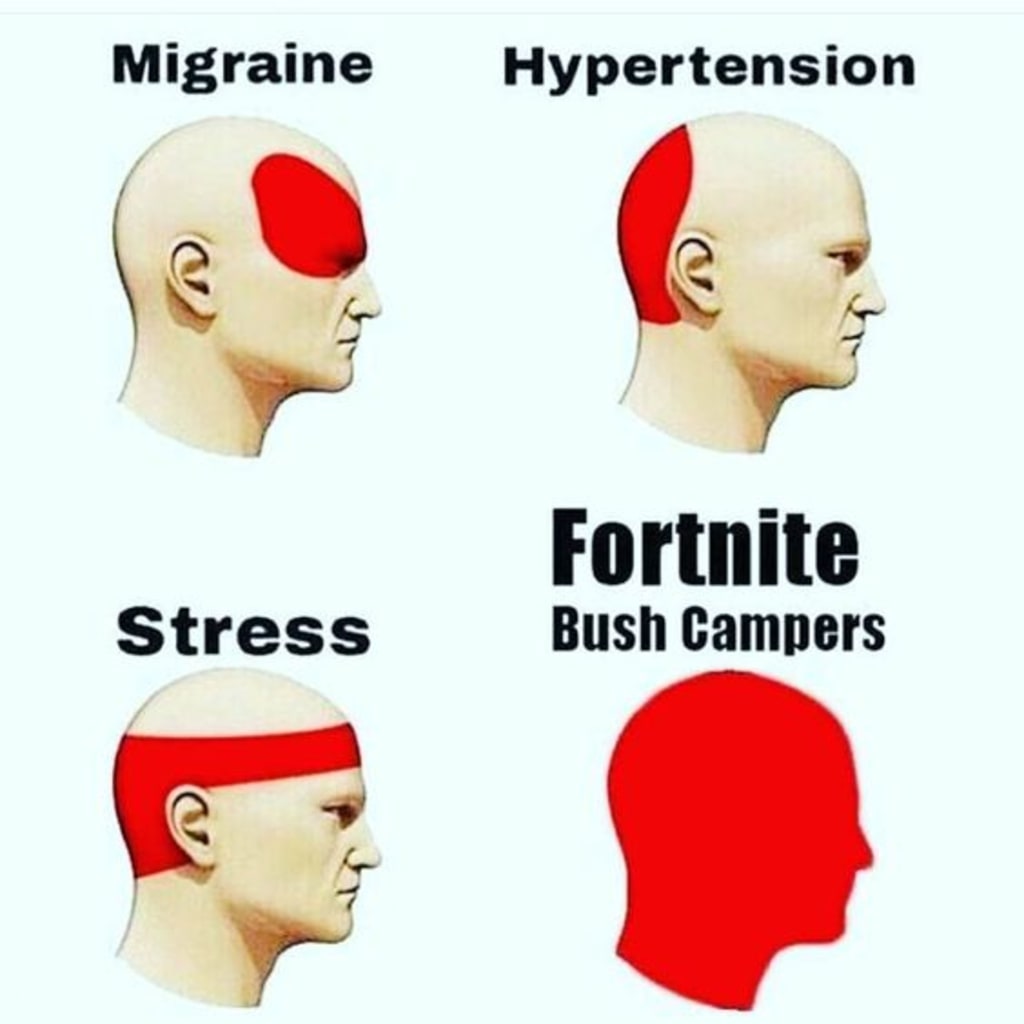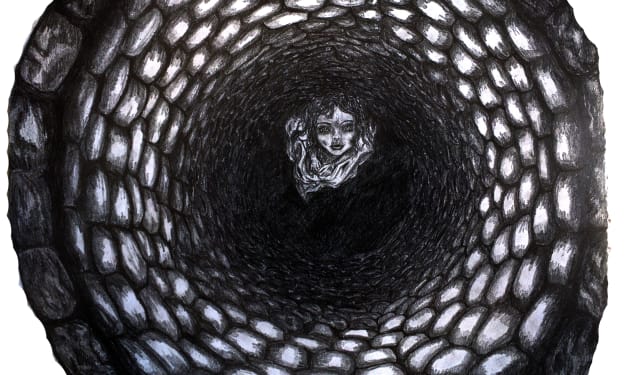Video Game Addiction or Parental Neglect?
The WHO has acknowledged the existence of gaming addiction as a mental health problem.

I'm not usually informed about whatever goes on in this world by the early morning British television but watching BBC Breakfast has presented me with this gem.
The WHO has acknowledged gaming addiction as a mental health disorder.
The programme has gone so far in demonstrating the seriousness of this case as to invite a mother whose 15 year-old child has been diagnosed with the "condition." Let me describe you said mother to illustrate my later argument: she's well put together, make-up, hair done as if by professionals, middle-class, business woman type. Clearly hella busy with her own career.
Far be it from to to criticise a careerist woman in pursuit of professional accomplishments. However the contrast was absolutely palpable between the mother shown later on in another show—shabby, couple of plus pounds, not so well put together but clearly more attentive to her three preadolescent boys—that this person was presented as a professional here and not as a suffering mother.
Nothing shows the cold, corporate thinking ingrained in materialistic women like her than the overt projecting of blame onto everything else but themselves. This mum, when asked about what parental introspection she's done to address the problem her child encountered, she contently stated that she's done so much already to curb his addictive tendencies including removing the door of her son's room that she must be beyond reproach and now the medical assistance should take over. The kid's addiction, it is important to mention, went as far as making him refusing food or drinks and has made him too afraid to leave the house as well.
My first almost reflexive thought was: who wouldn't want to escape into another world with a mother that has five children out of status quo but has no time to actually bring them up or pay attention to them properly?
I realise it is difficult to get through to a teenager—I wasn't a joy-ride either. Consistency and setting up ground rules can counteract most of the problems a person can develop in their youth. Children need limits because of their developing system cognitive functions such as foresight and the evaluation of the consequences of their behaviour are not as advanced processes yet. By setting boundaries, by parenting excessive behaviours can be reduced.
The mother's in both programmes both BBC Breakfast and Victoria Derbyshire have blamed the devices, the internet and the content presented to their children. They also dared claim that gaming companies should be aware of the damage their products can cause to young children and went further to suggest multi-million dollar companies should offer help to these befallen soldier of addiction to soothe the problems they have caused. Which, to me, sounded like asking the dealer to pay for the heroin addict's rehab because he should feel bad for ruining his life for a boat-load of money. Morally elegant, but non-realistic.
The gaming companies would have no incentive to recompense a few people since their most people cope just fine with video games. Either because they had attentive, caring parents who set boundaries for them or their personalities are less prone to take up addictive behaviours. It is not difficult to see a person's decent into gaming addiction—especially in this case.
The child probably had issues with himself or with his social life prior to turning to protracted amounts of time being dedicated to gaming. The mother mentions him slowly giving up his hobbies in favour of spending hours in front of the screen. First of all, the parent enabled this behaviour for the behaviour to have increased so rapidly and drastically. Second of all, what kind of parent is the one that allows this to happen repeatedly and assume there will be no consequences had she or he not intervened?
Choosing to flee into an imaginary world indicates a search for something the individual does not necessarily receive in their personal, very much real life. There's obviously an addictive factor about gaming since it is story driven, therefore it urges you to resume playing. Brain imaging studies have shown that gaming stimulates the limbic system and can overexcite the reward centres which has been correlated with increased dopamine production—the addiction hormone.
The experience is story-line driven, the design of games is aiming to keep you there as long as you finish the quest. Games, the most primitive table-top games, give you a false or very real sense of accomplishment and maybe validation itself too. These too may seem quite puny reasons to sell your soul for but it is more important than one might imagine.
Yes, let's recognise that gaming addiction exists and is a mental health issue. Let's not forget though that it is the parent's responsibility to introduce their children to the world, explain their children that there are exciting and stimulating experiences in this world other than gaming, guide them through their life so they will and can control their impulses once the awkward phases of adolescence pass. Let's not forget that a made-up world no matter how virtual and non-existent it is will still make up for a dull, uneventful life that holds not enough or no validation and careful attention. Let's not forget that what gaming companies are responsible for is to create engaging experiences and drive sales and make profit not to pamper one's soul or to act in stead of a parent who had been chasing the green a little too eagerly themselves. Let's not blame the external circumstances, but inspect our own isolation from the world our children live in. Let's not blame technology for the rapport I didn't build with my child.
The smug mother going on television claiming to be brave to have stood by and witnessed his child consumed by the virtual world because that's where his child found satisfaction and love and camaraderie is hardly a hero. The mother is to be held accountable for crippling her own child not the game. And if you do not think you have time for all five of your children, then don't have them.
I'm far from criticising the decision to recognise gaming addiction as a real clinical problem. To not extend the conversation to what part parents and liberal parenting in particular play in these children developing serious addictions is deflecting blame and derailing the discourse entirely.
After all, is the alcoholic to blame for reaching for the bottle expecting the oblivion of drunkenness or is it his father's who never slapped his hand away from the bottle when he had the chance?
About the Creator
Maura Dudas
Studying Psychology, getting angry about issues on the web, addressing social conundrums concerning humans that surround me. And just pointing out my subjective majestic opinion. :) Film buff, artsy, reader - I do art too @morcika96






Comments
There are no comments for this story
Be the first to respond and start the conversation.